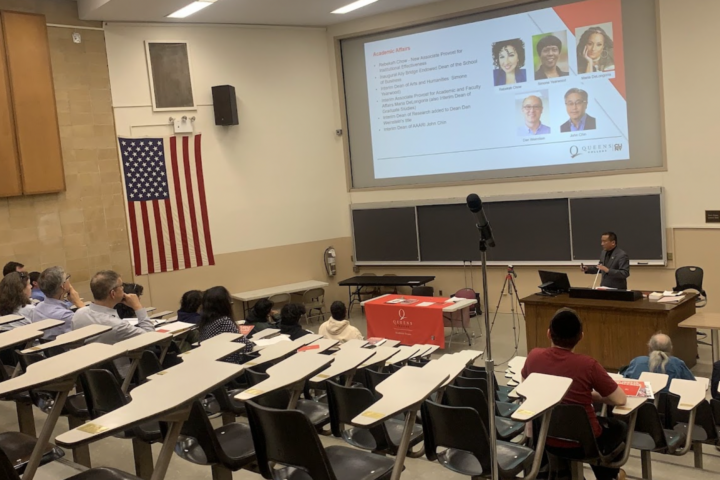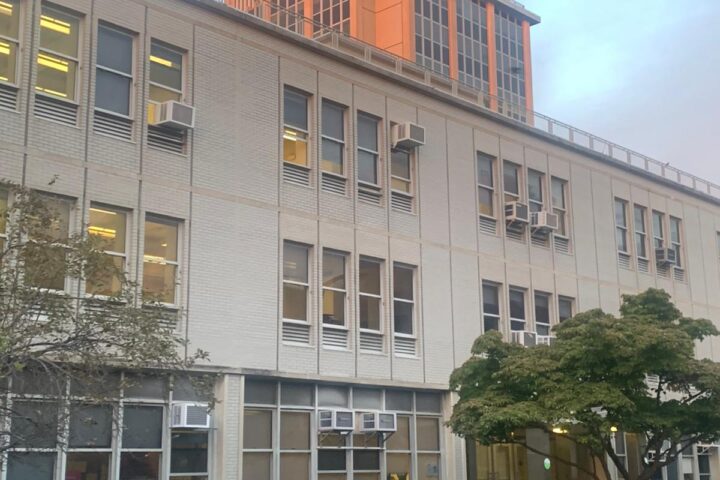Last month, CUNY announced it would increase tuition by $300 at all senior colleges. Disinvestment by New York State forced CUNY to rely on students to fill the budget gap.
After expiration of a “rational tuition plan” setting tuition increases for five years, CUNY now holds the option of increasing tuition when needed. But, just like “rational plan,” this is irrational.
Students should not continually shoulder the cost of keeping CUNY running without an effort by administrators to demand money.
An expected criticism is the low cost of CUNY. In fact, this is the argument CUNY is raising. It did not request tuition hikes at community colleges, but only at senior colleges. They said the relative affordability of CUNY to other colleges could still make it cheaper even with a tuition increase.
But it is not like CUNY is increasing its resources. Professors and staff have no contract, some colleges are facing large class sizes and other courses at other colleges are being cut.
For example, City College’s budget includes a deficit of $14.7 million. In a Gothamist article released Nov. 12, Tammie David, a junior at the college and vice president of public affairs for student government, said the lack of funding would drastically affect the education of students.
“There’s no other way to say this: Students are doomed,” David said.
Moreover, students face difficulty in living in New York City. Between housing costs and growing necessity of juggling another job, an undergraduate today is not receiving the same education an undergraduate received over a decade ago.
For example, living in Queens County, N.Y., is no easy task. A living wage for one adult is $14.30 per hour, according to MIT’s Living Wage Calculator. For an adult with a child, it nearly doubles to $27.44 per hour.
Chancellor James Milliken, in testimony to the CUNY board of trustees on Nov. 23, understood frustrations among students and faculty about tuition increases. However, he cited it as a necessity to cover costs.
“I think we can stipulate that no one likes tuition increases, and if I had a choice there is no question what I would choose—that the state would provide more support and the need for tuition increases would be minimized. The reality is that nationally a general disinvestment in public higher education has taken place for decades,” Milliken said.
We’re glad Milliken recognizes this austerity agenda happening across the country.
But there is one option—student power.
Despite reactionary rhetoric, students across the country are standing up for their beliefs and making change. Imagine the same at CUNY where students unite and demand an end to the state government’s refusal to properly fund CUNY.
This does not have to be a utopian dream. It can happen.
The University Student Senate, led by CUNY students to manage affairs across all campuses, is organizing efforts to stop tuition hikes. We commend these efforts and urge students to sign a petition found at www.usscuny.org.
But organizing protests, like what the Professional Staff Congress did, seems to be more effective. As Frederick Douglass, famed abolitionist, once said, “Power concedes nothing with a demand.”
Our demand is simple: freeze tuition and reinvest in CUNY.
The board of trustees approved tuition hikes last week, but it doesn’t mean this is over. We can make sure the voice of students is heard.











